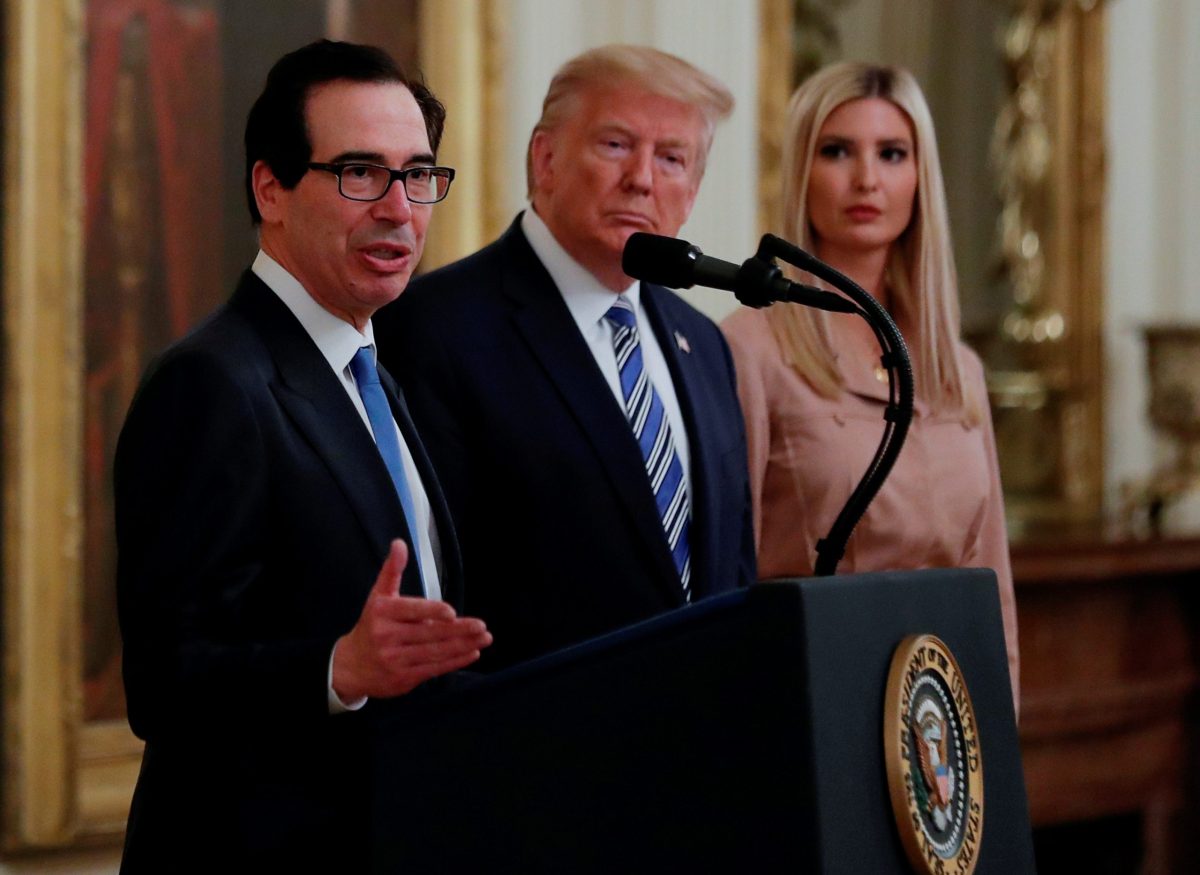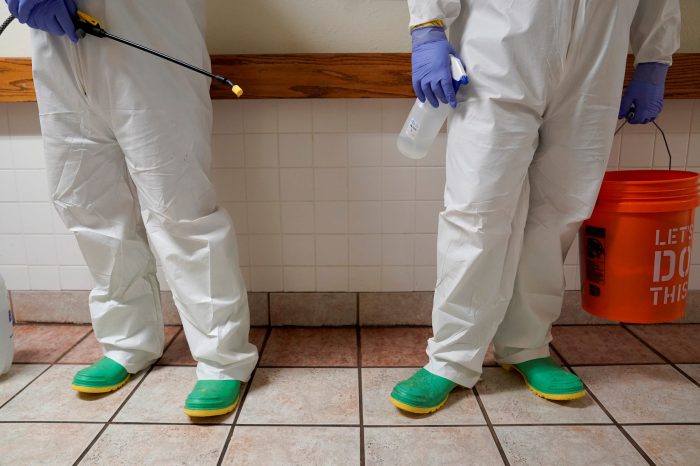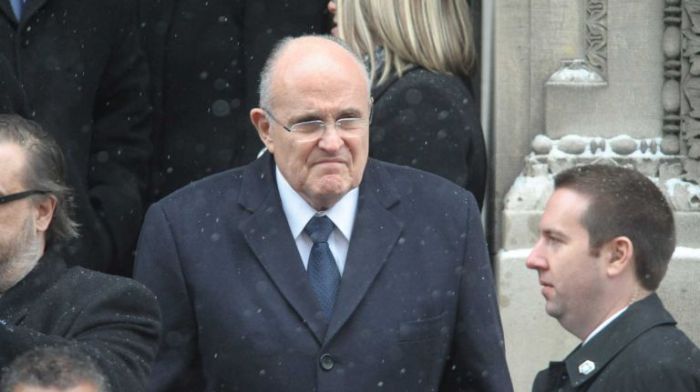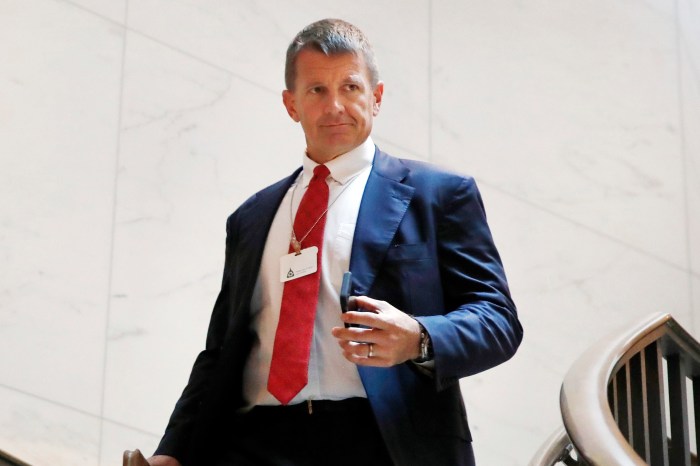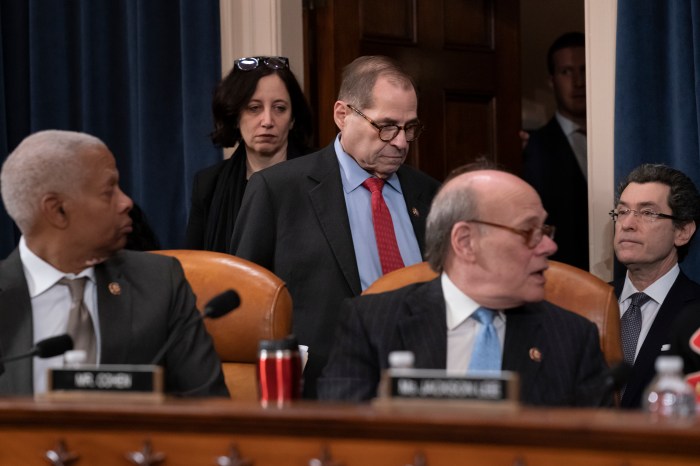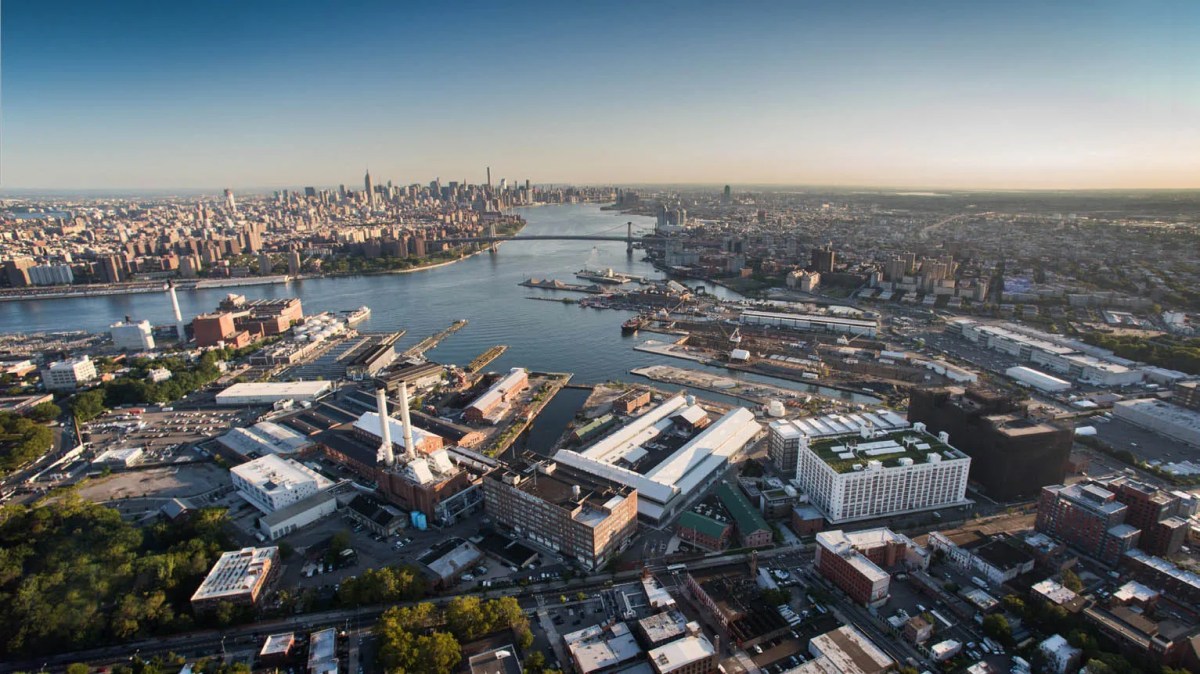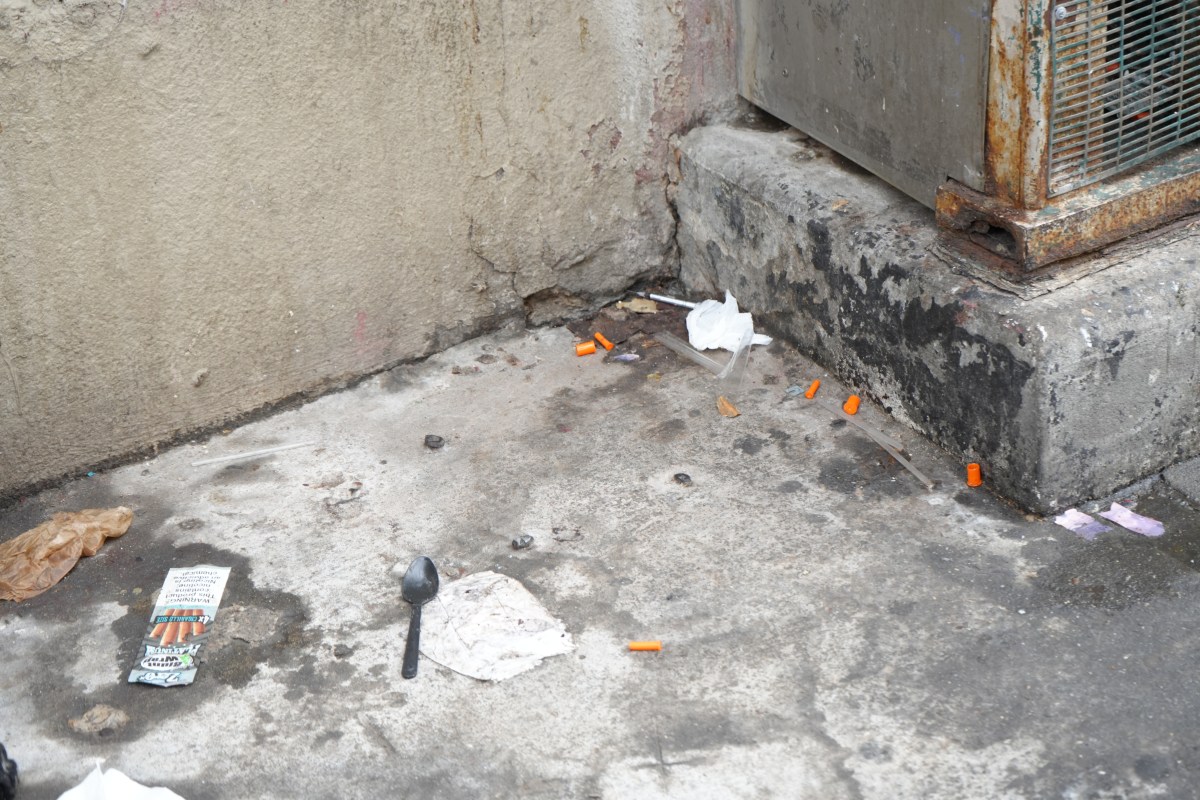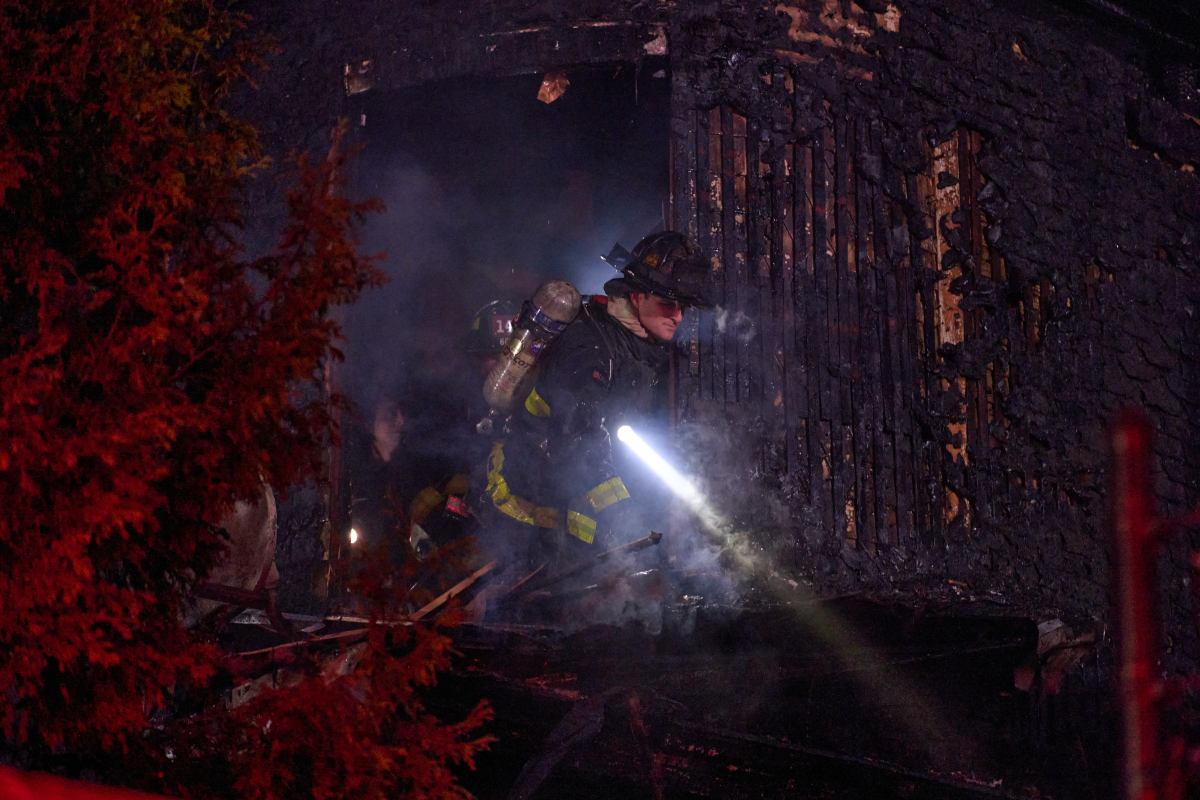BY KOH GUI QING
As the U.S. government this month begins allowing small businesses to not repay their loans from a $525 billion pandemic relief plan, shifting the cost to American taxpayers, the process and the agency overseeing it have come under blunt criticism by the Congressional watchdog agency.
The loan forgiveness process has drawn complaints from the Government Accountability Office (GAO) that the Small Business Administration has been plagued by a lack of transparency and, also, failed to demonstrate sufficient ability in the program to prevent fraud and abuse.
Last month, the Department of Justice said that it had charged 57 defendants for attempting to steal more than $175 million from the Paycheck Protection Program (PPP).
A Small Business Administration (SBA) spokesperson said on Tuesday that the initial loan payoffs, in which the government sends money to banks to forgive loans taken by small businesses under the PPP, started last Friday.
“What was clear to us with PPP…is that the controls were very weak,” said William Shear, a director of Financial Markets and Community Investment at GAO, a non-partisan watchdog that works for the U.S. Congress. The GAO has issued two lengthy reports since June that were critical of the efficacy of the PPP and other U.S. government responses to the pandemic.
The SBA, which oversees the Paycheck Protection Program and has defended its performance while stressing the challenges of overseeing hundreds of billions of dollars in loans in a short space of time, said it is working with the GAO.
“I reject the sudden claim that SBA is not cooperating with GAO or that we are dragging our feet in responding,” Jovita Carranza, the Administrator of the SBA, said in a statement.
The Department of Treasury, which is working with the SBA on the loan forgiveness process, did not respond to a request for comment.
Introduced in April to help companies weather the economic shutdown brought on by COVID-19, the PPP in four months was responsible for 5.21 million loans ranging from less than $50,000 each to more than $5 million. The rules stipulated that businesses with limited financing options could seek a loan that would later be fully forgiven. The loans would ultimately be paid by taxpayer money, not the businesses that received them from banks, if at least 60 percent was spent on payroll – with the rest going to meeting expenses such as rent, interest on mortgage or utilities.
Tensions between the GAO and the SBA were aired this month at a hearing organized by the U.S. House Small Business Committee, which examines policies for small businesses for the U.S. House of Representatives.
Shear, the GAO official, told Congresswoman Nydia Velazquez that there were “obstructions” when his office tried to get details on PPP loans and other pandemic programs from the SBA. The information was needed, he said, to evaluate how well the SBA was managing the program.
Velazquez, who chairs the committee, said she had called the SBA to expedite the agency’s response. “Probably the obstruction coming out of the SBA is because they knew they did not take or implement the kind of controls to prevent fraud and abuse,” Velazquez said at the hearing.
According to a report published in September by the GAO, plans to safeguard the loan forgiveness process remained incomplete. For instance, the GAO said, banks that issued the loans are the initial deciders of how much of a loan should be forgiven.
But it is unclear to what extent they are responsible for verifying the information provided on applications versus relying on borrowers’ versions of their finances.
Also unclear is the extent to which the SBA intends to review the banks’ decisions, the report said, noting it is a conflict of interest for banks to be heavily involved in loan forgiveness since it is in their interest for loans to be forgiven.
Furthermore, oversight plans to scrutinise loans worth $2 million or less for fraud – which the GAO had recommended in June that the SBA develop – were still being finalized, according to GAO’s September report.
William Manger, an associate administrator at the Office of Capital Access at the SBA, told another hearing organized last month by the Small Business Committee, that the agency was working with the U.S. Department of Treasury and its contractors to finalise a way to review and forgive loans.
“We just want to make sure that whatever we do, we are being responsible to the taxpayer,” he said. “These are taxpayer dollars that we will be paying out.”



